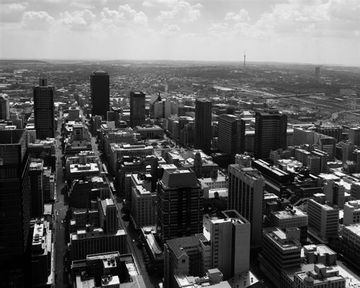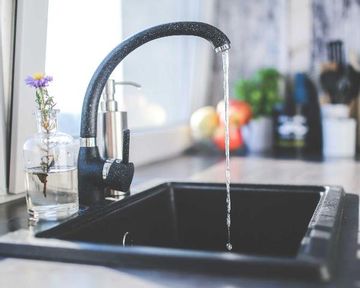Capital Gains Tax: A step-by-step guide for home sellers
Selling your home is a significant financial transaction, and understanding the implications of Capital Gains Tax (CGT) is crucial to ensure you remain tax-compliant.
Understanding capital gains tax:
Capital Gains Tax is levied on the profit made from transferring ownership of a capital asset, such as a house. However, CGT on the sale of your primary home is only applicable if your profit exceeds R2 million. Capital gains tax applies to all assets disposed of on or after 1 October 2001.
Disposal refers to:
- Sale of an asset
- Donation of an asset
- Expropriation of an asset
- Vesting of an interest in an asset of a trust in a beneficiary
- Death of a person
Calculating Capital Gains Tax:
CGT is calculated based on the property's base price, including the initial purchase cost and additional expenses like capital improvements, agent commissions, compliance certificates, and legal fees related to the sales transaction.
For those who've made enhancements to their property, keeping detailed records of receipts is essential. However, regular maintenance costs due to wear and tear cannot be added to the base price. Here's a simplified example to illustrate the calculation process:
| Item | Amount (R) |
|---|---|
| Original purchase price | 2,500,000 |
| Agent’s commission and fees | 200,000 |
| Renovations | 400,000 |
| Selling price | 4,000,000 |
| Base cost | 3,100,000 |
| Profit | 900,000 |
In this scenario, the taxable capital gain is zero due to the primary residence exclusion, as the profit doesn't exceed R2 million. However, if the home had sold R6,000,000, the profit would be R2,900,000. Because the first R2 million is exempt, CGT would be calculated on the remaining R900,000. CGT would then be calculated at 18%* for individuals (R162,000) or at 36%* (R324,000) for a property purchased through a trust (*according to SARS as at 2024).
Factors that influence CGT calculations
Several factors can impact a homeowner's CGT calculation, such as:
- Income from renting part of the primary residence through platforms like Airbnb.
- Running a home office and claiming office costs, may affect the primary residence exclusion.
When you sell a property that you own and rent out, the primary residence exclusion does not apply and if your capital gain is more than the annual exclusion of R40,000, you will be liable for capital gains tax.
Consulting a qualified tax practitioner
Given the potential complexities, we recommend consulting a qualified tax practitioner when performing CGT calculations. Their expertise can ensure accuracy and help you navigate the intricacies of CGT, especially if your situation involves unique elements like renting out part of your property or claiming office costs.

